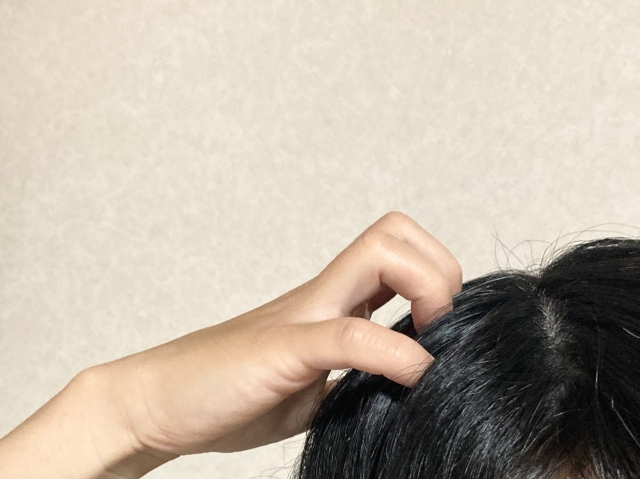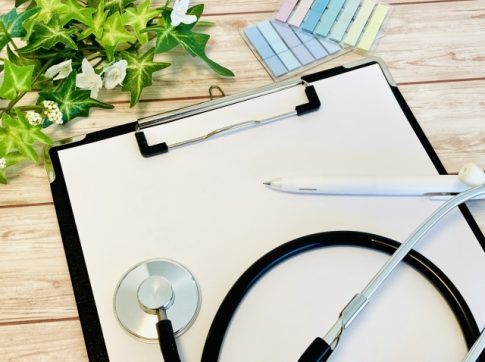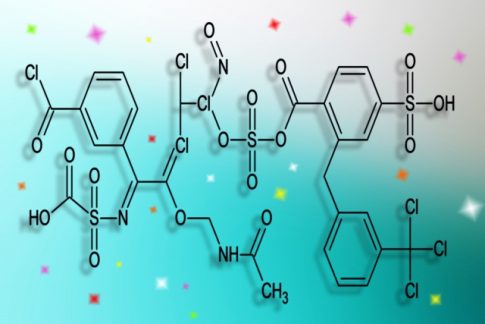Introduction
Medications such as finasteride and minoxidil are widely used to treat AGA (androgenetic alopecia). However, these drugs can also cause allergic reactions and side effects. In this article, we will explain in detail the side effects of AGA treatment drugs and countermeasures for allergies.
Main side effects of AGA treatment drugs
1. Finasteride
Finasteride is a drug that slows the progression of AGA by inhibiting the production of DHT (dihydrotestosterone). Common side effects include:
Decreased sexual function: Decreased libido and erectile dysfunction have been reported.
Hormone imbalance: Breast swelling and pain may occur.
Allergic reactions: Rarely, allergic symptoms such as itching of the skin, rash, and difficulty breathing may occur.
2. Minoxidil
Minoxidil is a topical medication that promotes hair growth by increasing blood circulation and supplying nutrients to the hair follicles. Common side effects include:
Itching and redness of the scalp: Minoxidil may cause irritation to the scalp.
Hirsutism: Hair may also grow on other parts of the body.
Allergic reactions: In rare cases, allergic symptoms such as itching, rash, swelling of the skin, and difficulty breathing may occur.
Measures against allergic reactions
1. Allergy test
An allergy test can be performed before using a drug to determine the risk of an allergic reaction.
Patch test: Apply a small amount of the medicine to your skin to see if you have an allergic reaction.
Blood test: Checks for antibodies to specific allergens.
2. Specialist consultation
Before starting AGA treatment, consult a specialist to discuss your allergies and pre-existing conditions in detail. It is important to develop a safe treatment plan based on your doctor’s advice.
3. Use from low concentrations
When using topical medications such as minoxidil, you can reduce the risk of allergic reactions by starting at a low concentration and gradually increasing the concentration.
4. Change of medicine
If you experience an allergic reaction, talk to your doctor about alternative medications. For example, if you have an allergic reaction to finasteride, you may consider using other medications such as dutasteride.
Measures against side effects
1. Countermeasures against decline in sexual function
If you notice a decrease in sexual function due to the use of finasteride, you can take the following measures:
Consult your doctor: Consult your doctor about side effects and to adjust your dosage or consider other treatments.
Improving lifestyle habits: By incorporating a balanced diet and moderate exercise, you can expect to improve your sexual function.
2. Measures against scalp itching and redness
The following measures can be taken to treat scalp itching and redness caused by minoxidil use:
Adjust dosage: Reduce the amount of minoxidil used to reduce irritation.
Use a moisturizer: Moisturize your scalp to relieve itching and redness.
Change medication: Consider other treatments to replace minoxidil.
3. Measures against systemic hirsutism
The following measures can be taken against generalized hirsutism caused by the use of minoxidil:
Adjust the area of use: Use the medicine only on the necessary areas and be careful not to get it on other areas.
Regular care: Regular care of unwanted hair will eliminate cosmetic problems.
Emergency response
1. Signs of an allergic reaction
If you experience any of the following symptoms after using the drug, it is important to contact your doctor or seek emergency medical care immediately:
Dyspnea: If you are short of breath or have difficulty breathing.
Swelling of the face and throat: Swelling of the face, lips, tongue, and throat.
Severe rash: Widespread rash and severe itching.
2. Contacting medical institutions
If you experience any serious side effects or allergic reactions, contact your healthcare provider immediately and receive appropriate treatment. If you are unable to respond at home, use emergency emergency services.
Summary
Medications used to treat AGA include finasteride and minoxidil, which can cause side effects and allergic reactions. It is important to understand the risks in advance and take appropriate measures through allergy testing and consultation with a specialist. If you experience any side effects, consult your doctor to change the medication or adjust the dosage. In addition, in the event of an emergency, it is necessary to promptly contact a medical institution and receive appropriate treatment.
I hope that many men suffering from AGA can receive safe and effective treatment, regain their confidence, and live fulfilling lives. Make your AGA treatment a success by taking appropriate measures to prevent drug side effects and allergic reactions.











